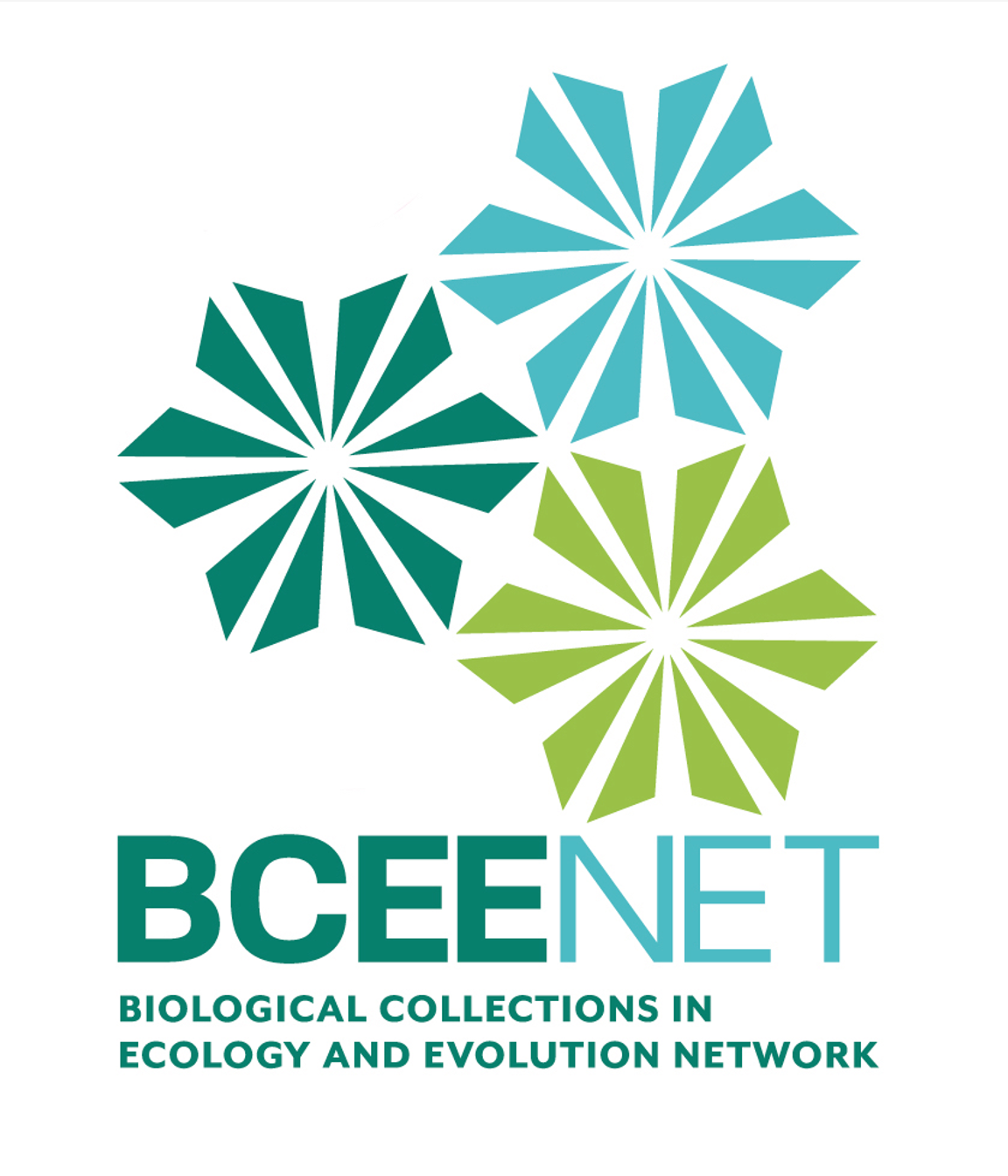Uncovering Hidden Figures of Natural History Collections Using Digital Data Sleuthing & Storytelling
Author(s): Molly Allison Phillips1, Olubunmi Aina2, Adania Flemming3, Shawn Elizabeth Zeringue-Krosnick4, Jennifer Kovacs5, Siobhan Leachman6, Makenzie E. Mabry3
1. BioQUEST 2. Allen University 3. iDigBio, FLMNH 4. Tennessee Tech University 5. Agnes Scott College 6. Aotearoa New Zealand Wikimedia User Group
751 total view(s), 261 download(s)
Hidden Figures LDC 2023.pdf(PDF | 11 MB)
Hidden Figures LDC 2023.pptx(PPTX | 47 MB)
- License terms
Description
In natural history collections, beyond information on taxonomy and when and where a specimen was collected, are the names of people who collected and/or identified those specimens. However, we rarely get the opportunity to get to know who these people are. Besides, human names tending to be poor identifiers (not unique or stable), many times only a single person is credited with collecting and/or identifying a species, even when several people assisted. This practice leads to inequities in who is named, and therefore who receives credit and acclaim for the collecting and describing of the natural world.
New tools are being developed such as ORCID, Bionomia, and WikiData to help create and improve tracking and linking the human-side of biodiversity data. These tools are free and open, meaning anyone can help add and improve data about the people involved in documenting biodiversity. In this presentation, we will introduce participants to a series of modules developed as part of a 2022 BIOME Institute working group which guides learners through the process of using these tools to document hidden figures in collections as well as what we can do to raise awareness and highlight underrepresented scientists through storytelling when the data are missing or nonexistent. The “Hidden Figures” module series aligns with the 4DEE framework in many ways including Ecology Practices: natural history and working collaboratively.
Cite this work
Researchers should cite this work as follows:
- Phillips, M. A., Aina, O., Flemming, A., Zeringue-Krosnick, S. E., Kovacs, J., Leachman, S., Mabry, M. E. (2023). Uncovering Hidden Figures of Natural History Collections Using Digital Data Sleuthing & Storytelling. BCEENET- Biological Collections in Ecology & Evolution Network, QUBES Educational Resources. doi:10.25334/FP7P-V513
